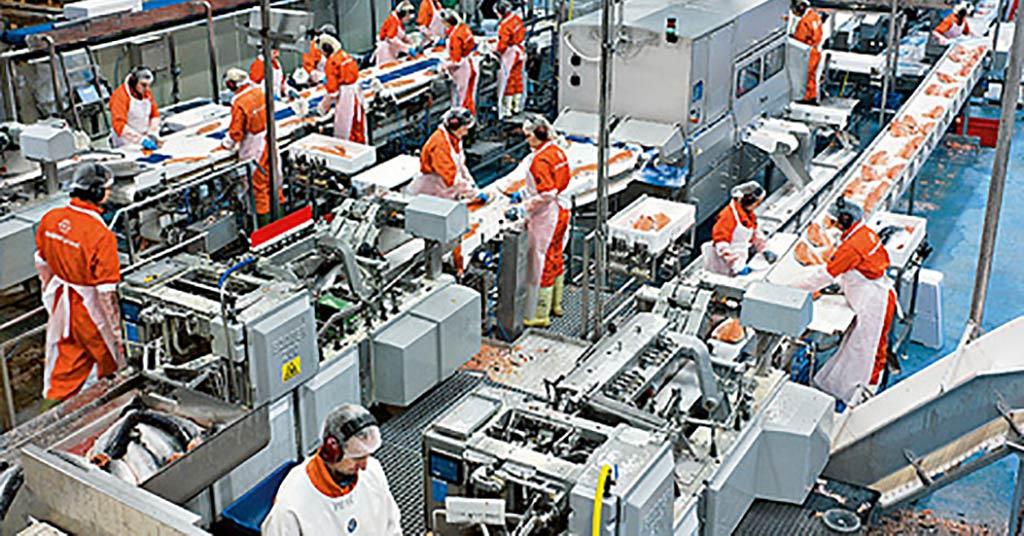
Quality Management Principles in the Food Industry
These principles each have a part to play in the overall quality management process…
Raw Material Control
Raw materials are the basic ingredients used to create food products. These could be fruit and vegetables that are farmed and harvested; cows, chickens, pigs and sheep that are farmed for their meat, eggs and dairy products and various other items. Naturally, raw material control is directly related to process control as raw ingredients will need to meet certain guidelines before reaching processing phases.
Process Control
This principle relates to the process of food manufacturing. Ultimately, preventative measures are used alongside corrective measures – preventative strategies can only resolve a certain number of quality issues due to outside factors such as environment, storage and other such conditions. Many manufacturers work according to the Hazard Analysis Critical Control Point (HACCP) system as a result of this unpredictability. This system focuses on food safety as well as spoilage and other potential food risks. Total Quality Management (TQM) and ISO 9000 standards also relate to manufacturing processes and quality guidelines.
Finished Product Inspection
The third principle focuses on the final product – the packaged food that is then sold to consumers and suppliers. There are many forms of testing done at different stages – visual observation, physical tests and chemical tests are just some examples. Microbiological testing is very effective for determining health and sanitation controls, with a stringent monitoring process that incorporates records, data collection and the analysis of trends. External inspectors are also used alongside internal testers. Systems are designed for immediate corrective action when any products have raised red flags at any stage of the inspection, to reduce safety and hazard risks.
While this is by no means a definitive guide to the intricate role that quality management plays within the food industry, it does at least offer more insight into the importance of an effective strategy for such industries and the need to consider quality management software to help with the implementation of that strategy.
Quality management plays a vital role within the food industry, across many different stages of sourcing, processing and packaging. In addition to basic laws and regulations on nutritive value, quality levels also incorporate factors such as shelf-life, raw materials, taste, texture, use of preservatives and many other indicators too.
Not surprisingly, this makes it all the more important for food manufacturers to adhere to an efficient quality management system (QMS) in order to achieve standardisation and meet the demands of consumers and authorities.
When it comes to food quality, the definition can vary considerably in its use – some may use the term to define high end products such as caviar, while others may use the term in reference to basic quality of everyday items such as bread. In terms of quality control and management however, the term is used universally to ensure that all food products are processed according to strict guidelines.
There are three principles of quality management that can be used to summarise the food processing process:
- Raw material control
- Process control
- Finished product inspection
Our quality management software isoTracker provides the tools required for an efficient quality management system. Find out more or see for yourself with our 60-day free trial.


